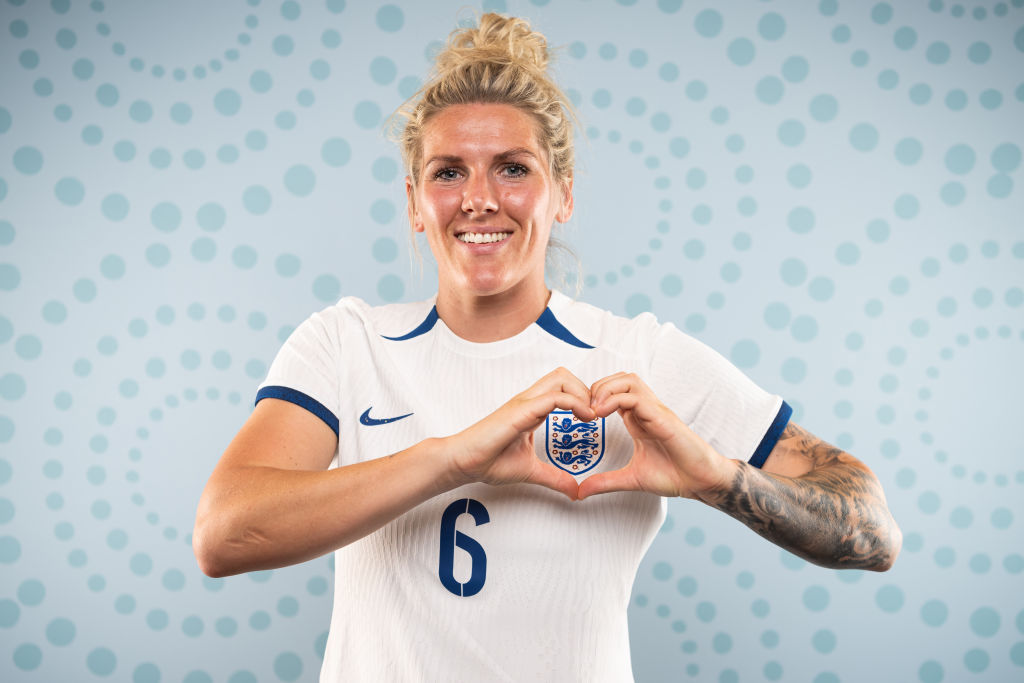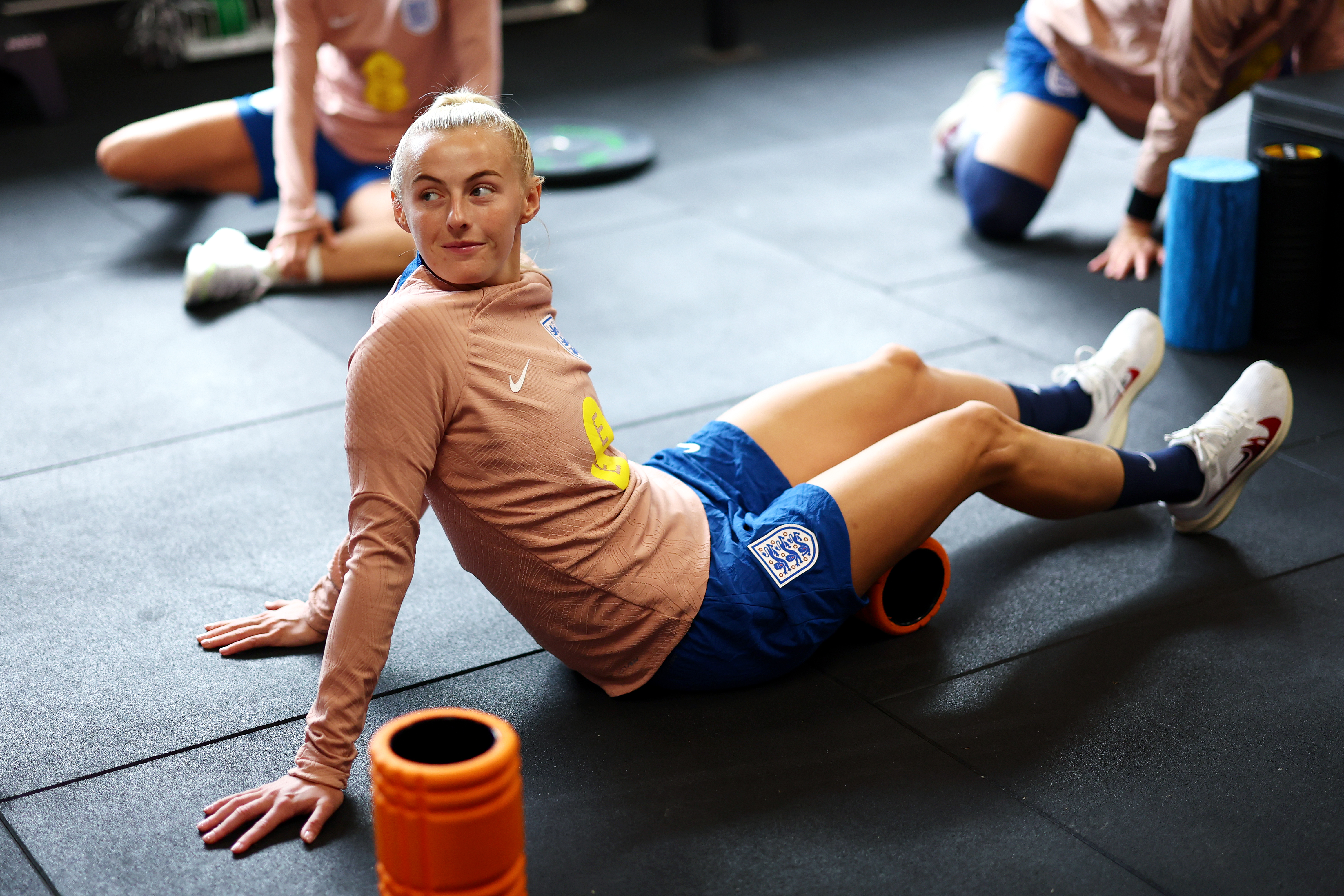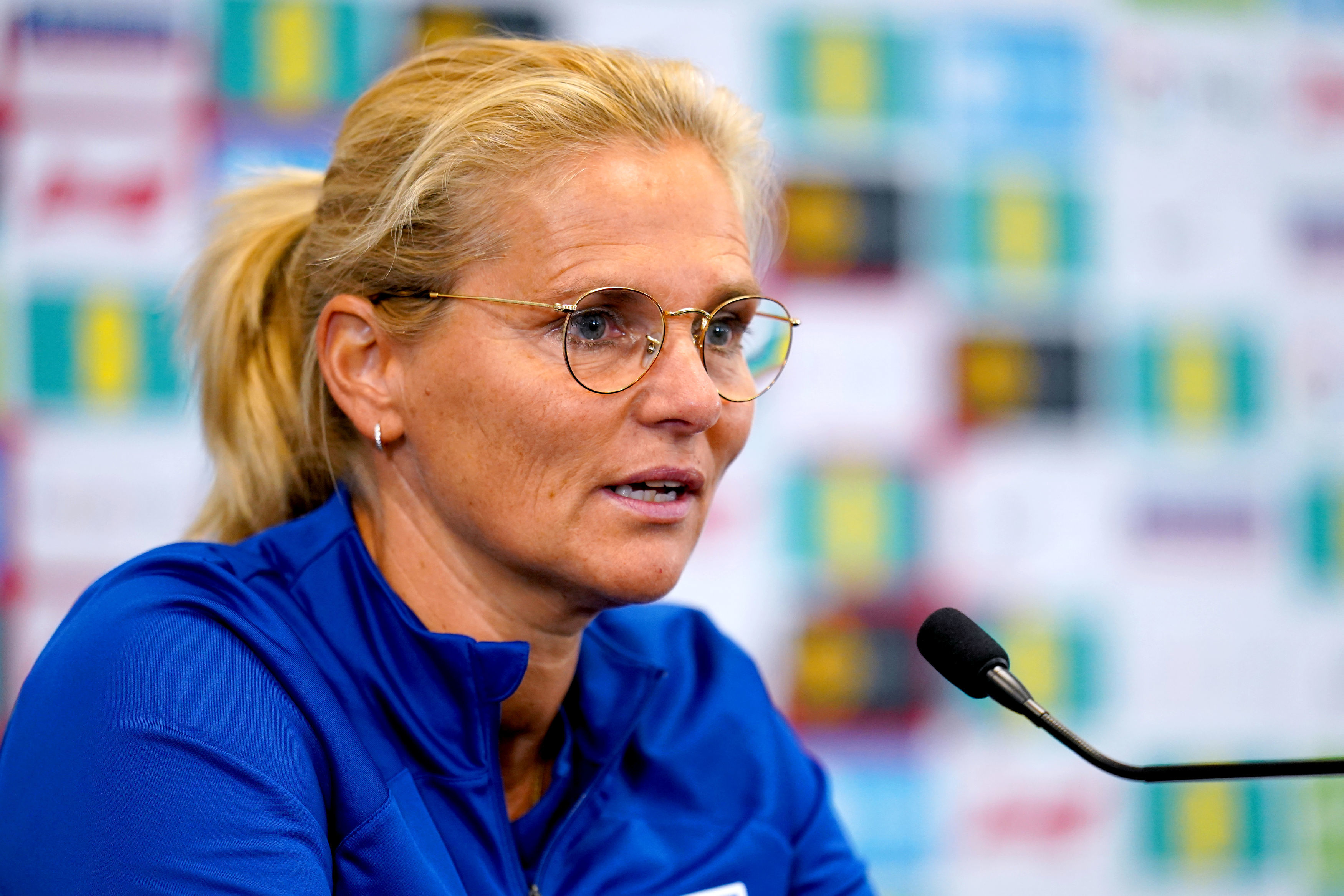
open their campaign on Saturday in an unfamiliar position.
The Lionesses have reached the semi-finals of the past four major tournaments but winning the Euros last summer has established them as serious contenders on the world stage. They are now justifiably seen as favourites for the World Cup.
This is despite the fact England are without four of their starters from last year’s final. Ellen White’s retirement has been compounded by , as well as knee problems for Fran Kirby.
That means the side that lines up against Haiti on Saturday will look very different from the one that lifted the trophy at .
However, it is a reflection of England’s strength and depth that their injury problems should not be considered insurmountable.
When gaps in the side have arisen, others have been well-placed to step into those players’ boots.
will all have important roles. All three scored vital goals on England’s run to the title.
Meanwhile, the experienced Millie Bright has been named captain in Williamson’s absence and younger players such as Lauren James have given the squad a refresh.

Dealing with the expectations that come from being tournament winners is not something England’s women have done before. Fortunately for them, .
She headed to the 2019 World Cup as a 2017 Euro champion and coached her Netherlands team all the way to the final.
FA must not undervalue this team
If the injuries had not been unsettling enough, England have also been forced to deal with negotiating with the Football Association in the lead-up to the tournament.
The would be paid out. It was implied that for the first time in Women’s World Cup history, Fifa would be offering direct payments to players based on how well they do in the competition. These range from £23,000 for participating in the group stages all the way to £209,000 for winning.
However, since then Gianni Infantino has suggested it would be up to federations to distribute this pot of money how they saw fit.
Regardless, the FA took this as relieving it of its obligation to pay players bonuses itself. This is in contrast to teams like the US who will receive both direct bonuses from Fifa and their federation.
The FA also significantly limited the time period for which players were permitted to participate in commercial opportunities, restricting their earning potential.

The England team agreed to put discussions on hold ahead of the start of the tournament but expressed ‘disappointment’ at the way conversations had gone. The disagreement leaves a bitter taste.
At a time when the England women’s team have achieved more than they ever have before, they have been left in the lurch by a federation that has repeatedly undervalued them in the past. If the FA wants to continue to position itself as a leader in global women’s football, this is not the best way to go about it.
Sarina Wiegman’s time for clear thinking
England will need now to put those concerns to one side and focus on what is in front of them.
Their group is not overly tough but is also not without potential banana skins, and getting off to a confident start will be key.
That is because beyond Haiti, Denmark and China lies a very tricky potential knockout stage, possibly involving one of Canada or Australia in the last 16 and France or Germany in a quarter-final.
England’s preparation has been less than ideal with only one goal in their last four games. Haiti offer the perfect opportunity to end the drought, and get England off to a confident start.
With opponents ranked 53rd in the world, England would love for this to be a comfortable win. It will provide Wiegman with an opportunity to clearly set out what her starting XI will be, and perhaps more importantly what her finishing XI will be.

With substitutes so crucial at the Euros, the vagueness around who is in line to start risks leaving the Lionesses unsettled.
Ahead of the tournament, there has been a lot of discussion as to whether England count as favourites.
Concern around injuries has certainly brought a pessimistic air to domestic assessments of their hopes but this team remain a talented one.
When the whistle blows on Saturday, talk should no longer focus on who isn’t in Australia, but instead look at who is.
, . , and .

























